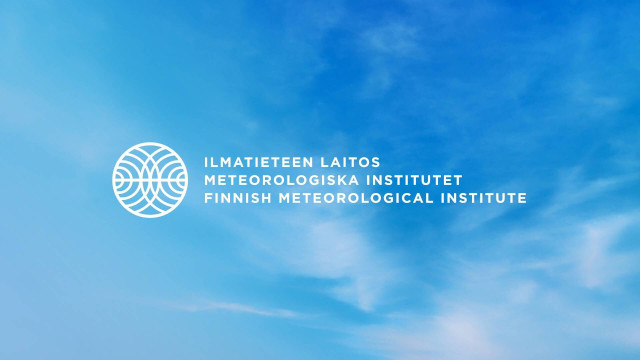Approximately 16 employment contracts at the Finnish Meteorological Institute will be terminated as part of the organization’s budget cuts. Additionally, the marine weather forecasts produced for the Finnish Broadcasting Company’s radio channels are planned to be automated during 2025.
Permanent budget cuts
The cooperation negotiations, which began in October 2024, aimed to identify ways to achieve the savings target set for FMI. FMI faces a permanent budget cut of approximately €6.1m (US$6.4m) by 2027. Of this amount, approximately €4.4m (US$4.6m) must be achieved by 2025. The savings target set for FMI is part of the government’s productivity program.
At the start of the negotiations, it was estimated that the reduction need would affect up to 30 employees. FMI has approximately 760 employees, of which over half work in research functions. The funding for research comes mainly from external sources.
Streamlining operations
Savings will be achieved through, for example, operational efficiencies, retirements and the expiration of fixed-term employment contracts, as well as the reduction of tasks in research, technical, administrative, operational and observation functions. The observation networks maintained by FMI will be downsized, and some observation stations will be discontinued during 2025-2027.
As a result of these changes, the employment contracts of up to 16 individuals will be terminated. Efforts will be made to reassign employees under the threat of dismissal to other positions within FMI, in accordance with statutory obligations, potentially reducing the final number of dismissals.
Petteri Taalas, director general of FMI, said, “The cooperation negotiations were conducted in a very constructive spirit with our shop stewards. It is very regrettable that we have to dismiss skilled and competent personnel. There is a strong need for our data and services in society and in business. We want to meet this need also in the future.”
In related news, FMI recently showed that monthly forecasts in mid and high latitudes would be improved if weather models better predicted variability in the stratosphere and tropical atmosphere. Click here to read the full story



